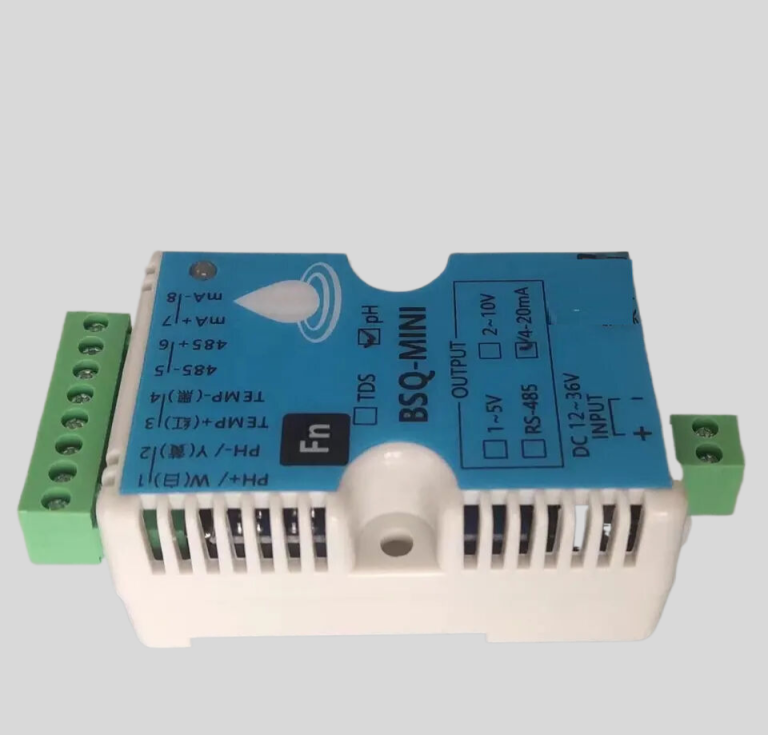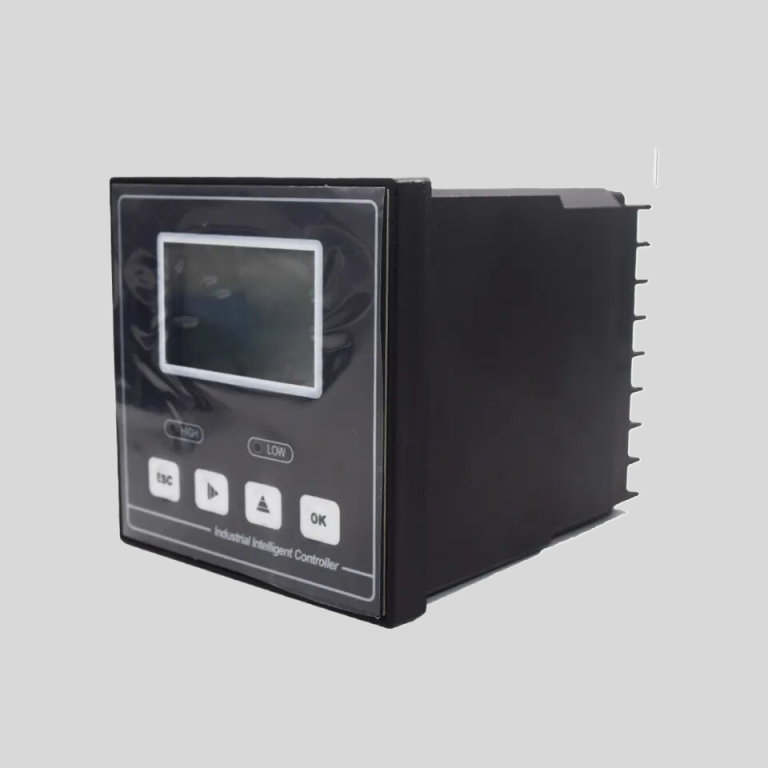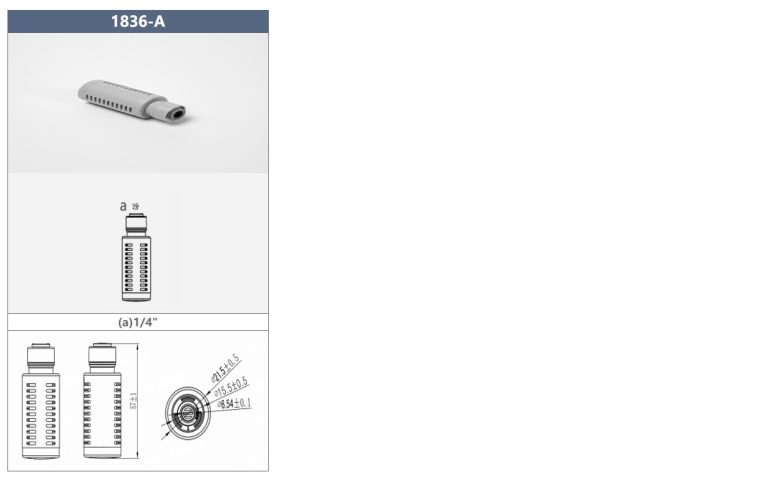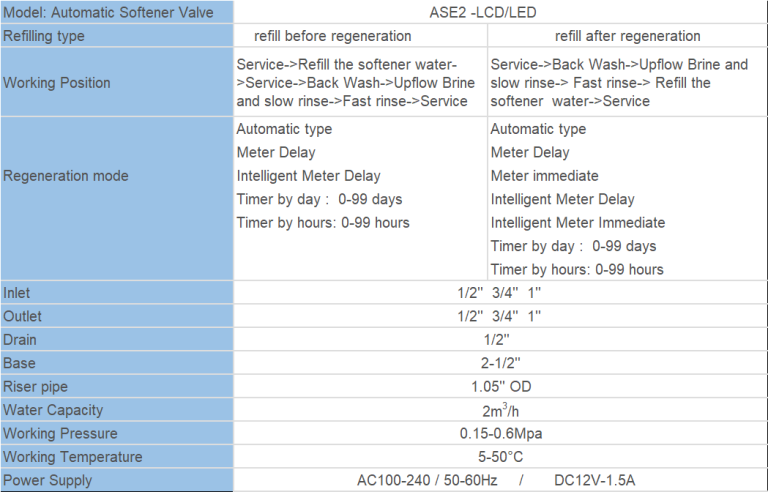“Keep your water soft and your appliances happy with regular salt refills.”
Effects of Running Out of Salt in Your Water Softener
Water softeners are essential appliances in many households, as they help to remove minerals such as calcium and magnesium from the water supply. These minerals can cause a variety of issues, including scale buildup in pipes and appliances, as well as dry skin and hair. To function properly, water softeners require salt to regenerate the resin beads that actually remove the minerals from the water. However, what happens when your water softener runs out of salt?
When a water softener runs out of salt, it can no longer effectively remove minerals from the water supply. This means that the water coming out of your taps will be hard, rather than soft. Hard water can lead to a variety of issues, including scale buildup in pipes and appliances. Over time, this scale can restrict water flow and reduce the efficiency of your appliances, such as your dishwasher and washing machine. In addition, hard water can also leave behind soap scum on dishes and laundry, making it more difficult to get them clean.
| Model | MSD2 | MSD4 | MSD4-B | MSD10 | ASD2 -LCD/LED | ASD4-LCD/LED | ASD10-LED |
| Working Position | Service->Back wash->Brine and slow rinse->Fast rinse->Refill->Service | ||||||
| Regeneration mode | Manual | Automatic | |||||
| Inlet | 3/4” | 1” | 1” | 2” | 1/2”, 3/4”, 1” | 1/2”, 3/4”, 1” | 2” |
| Outlet | 3/4” | 1” | 1” | 2” | 1/2”, 3/4”, 1” | 1/2”, 3/4”, 1” | 2” |
| Drain | 1/2” | 1/2” | 1/2” | 1” | 1/2” | 1/2” | 1” |
| Base | 2-1/2” | 2-1/2” | 2-1/2” | 4” | 2-1/2” | 2-1/2” | 4” |
| Riser pipe | 1.05”OD | 1.05”OD | 1.05”OD | 1.5”D-GB | 1.05”OD | 1.05”OD | 1.5”D-GB |
| Water Capacity | 2m3/h | 4m3/h | 4m3/h | 10m3/h | 2m3/h | 4m3/h | 10m3/h |
| Working Pressure | 0.15-0.6MPa | ||||||
| Working Temperature | 5-50°C | ||||||
| Power Supply | No Need Power | AC100-240V/50-60Hz DC12V-1.5A | |||||
Another issue that can arise when a water softener runs out of salt is that the resin beads in the softener can become damaged. These resin beads are responsible for actually removing the minerals from the water, so if they become damaged, the water softener will no longer be able to effectively soften the water. This can lead to increased wear and tear on your appliances, as well as potentially costly repairs down the line.
In addition to these practical issues, running out of salt in your water softener can also have health implications. Hard water can be harsh on the skin and hair, leading to dryness and irritation. It can also make it more difficult to rinse soap and shampoo from your skin and hair, leaving behind residue that can clog pores and cause breakouts. In addition, hard water can also affect the taste of your drinking water, making it less pleasant to drink.

To avoid these issues, it is important to regularly check and refill the salt in your water softener. Most water softeners have a salt level indicator that will alert you when it is time to add more salt. It is recommended to check this indicator regularly and add salt as needed to ensure that your water softener continues to function properly.
In conclusion, running out of salt in your water softener can have a variety of negative effects on your home and health. From increased scale buildup in pipes and appliances to potential damage to the resin beads in the softener, it is important to regularly check and refill the salt in your water softener to avoid these issues. By maintaining your water softener properly, you can ensure that your water remains soft and free of minerals, leading to cleaner dishes, laundry, and healthier skin and hair.





